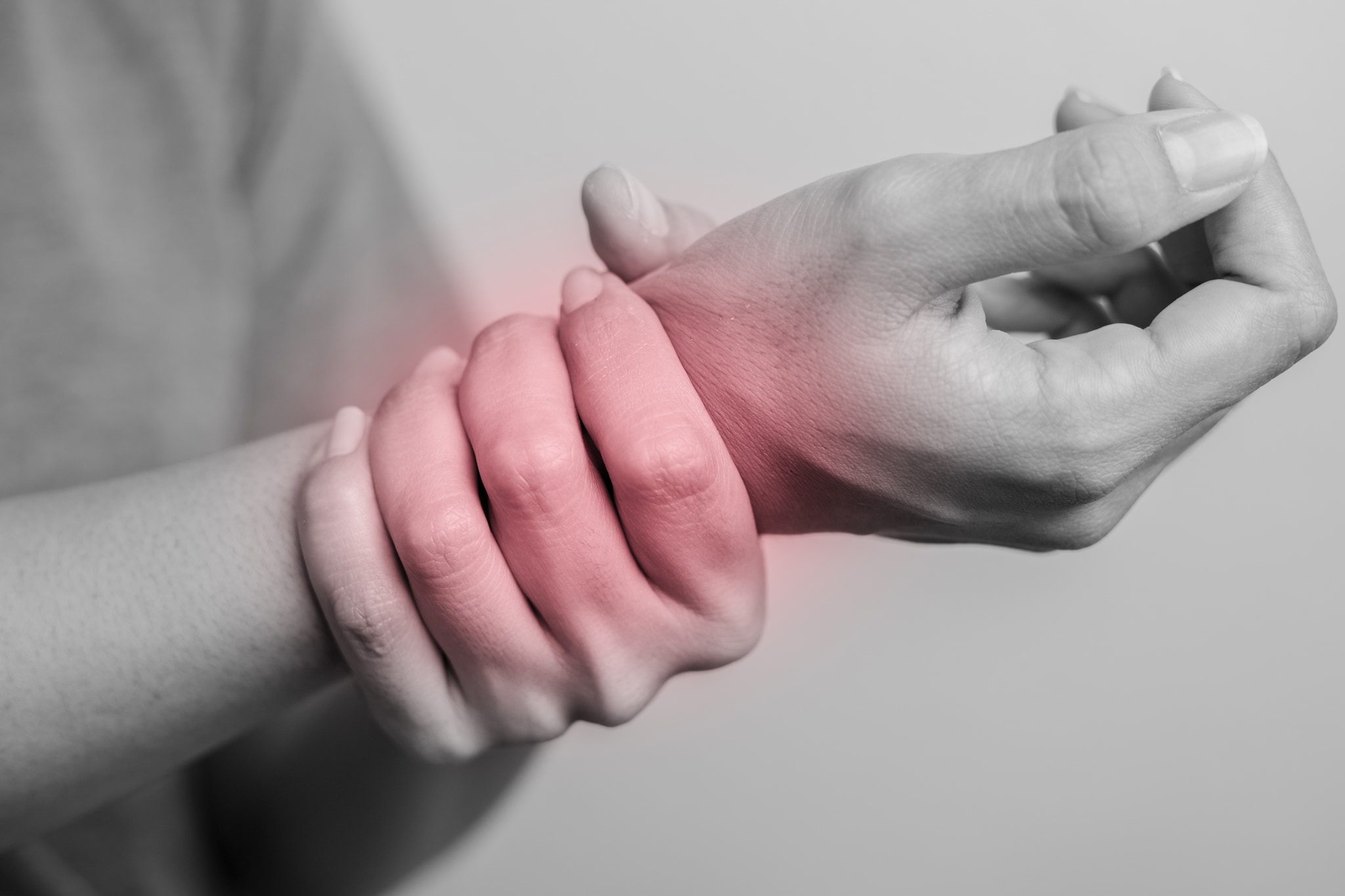
Diabetes and Nerve Damage

Nerve damage can affect your hands, feet, legs, and arms.
High blood sugar can lead to nerve damage called diabetic neuropathy. You can prevent it or slow its progress by keeping your blood sugar as close to your target range as possible and maintaining a healthy lifestyle.
Managing your blood sugar is an essential part of your diabetes care plan. Not only does it help you with day-to-day wellness, it can help prevent serious health problems down the road.
Nerve damage is one possible complication from having high blood sugar levels for a long time. High blood sugar damages your nerves, and these nerves may stop sending messages to different parts of your body. Nerve damage can cause health problems ranging from mild numbness to pain that makes it hard to do normal activities.
Half of all people with diabetes have nerve damage. The good news is that you can help prevent or delay it by keeping your blood sugar as close to your target levels as possible. When you do this, you’ll also have more energy, and you’ll feel better!
Symptoms of nerve damage usually develop slowly, so it’s important to notice your symptoms early so you can take action to prevent it from getting more serious.
Types of Nerve Damage
There are four main types of nerve damage. You can have more than one type. Symptoms depend on the type of nerve damage you have and which nerves are affected.
Peripheral nerve damage
Have you felt “pins and needles” or tingling in your feet? Maybe you feel like you’re wearing socks or gloves when you aren’t. Your feet may be very sensitive to touch—even a bed sheet can hurt. These are all symptoms of peripheral nerve damage.
Peripheral nerve damage affects your hands, feet, legs, and arms, and it’s the most common type of nerve damage for people with diabetes. It generally starts in the feet, usually in both feet at once.
Other symptoms may include:
- Pain or increased sensitivity, especially at night.
- Numbness or weakness.
- Serious foot problems, such as ulcers, infections, and bone and joint pain.
You may not notice pressure or injuries causing blisters or sores, which can lead to infections, sores that don’t heal, or ulcers. Sometimes amputation (removal by surgery) is necessary.
Finding and treating foot problems early can lower your chances of developing a serious infection. Learn how to care for your feet, including how to check them yourself and what kind of shoes to wear.
Autonomic Nerve Damage
Autonomic nerve damage affects your heart, bladder, stomach, intestines, sex organs, or eyes. Symptoms may include:
- Bladder or bowel problems that may cause urine leakage, constipation, or diarrhea.
- Nausea, loss of appetite, and vomiting.
- Changes in how your eyes adjust from light to dark.
- Decreased sexual response, including trouble getting an erection in men or vaginal dryness in women.
Proximal Nerve Damage
Proximal nerve damage affects nerves in the thighs, hips, buttocks, or legs. It can also affect the stomach and chest area. Symptoms may include:
- Severe pain in a hip and thigh or buttock.
- Trouble getting up from a sitting position.
- Severe stomach pain.
Focal Nerve Damage
Focal nerve damage affects single nerves, most often in your hand, head, torso, or leg. Symptoms may include:
- Trouble focusing your vision or having double vision.
- Aches behind one eye.
- Not being able to move one side of your face (Bell’s palsy).
- Numbness or tingling in your hands or fingers.
- Weakness in your hand that may make you drop things.
Make a note if you have any of these symptoms and share them with your doctor.
Risk Factors for Nerve Damage
Anyone with diabetes can develop nerve damage, but these factors increase your risk:
- Blood sugar levels that are hard to manage.
- Having diabetes for a long time, especially if your blood sugar is often higher than your target levels.
- Being overweight.
- Being older than 40.
- Having high blood pressure.
- Having high cholesterol.
Tips to Prevent or Delay Nerve Damage
Keeping your blood sugar as close to your target range as possible is the best way to help prevent or delay nerve damage. Other things you can do are:
- Keep your blood pressure below 140/90 mm Hg (or the target your doctor sets).
- Get regular physical activity.
- Lose weight if you’re overweight.
- Limit or avoid alcohol.
- Stop smoking or don’t start.
- Follow a healthy eating plan.
- Take medicines as prescribed by your doctor.
When to See Your Doctor
Call your doctor if you have any of the following symptoms:
- A cut or sore on your foot that’s infected or won’t heal.
- Burning, tingling, weakness, or pain in your hands or feet that interferes with daily activities or sleep.
- Changes in digestion, urination, or sexual function.
- Dizziness or fainting.
Most people with diabetes can prevent serious nerve damage complications. Regular foot care at home, going to doctor’s appointments, and getting your feet checked at every doctor’s appointment will help prevent problems. Stay on schedule with all of your self-checks, exams, and appointments with a diabetes care schedule.





















.png)












No hay comentarios:
Publicar un comentario